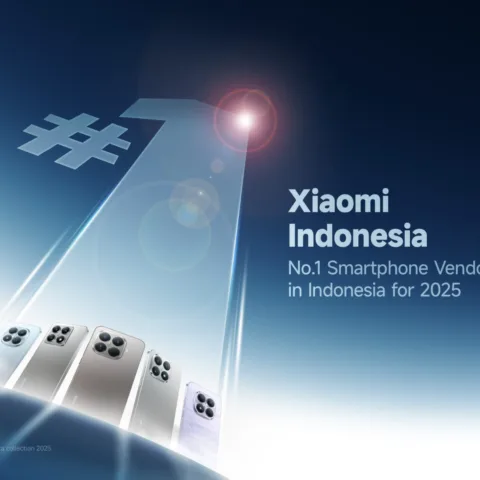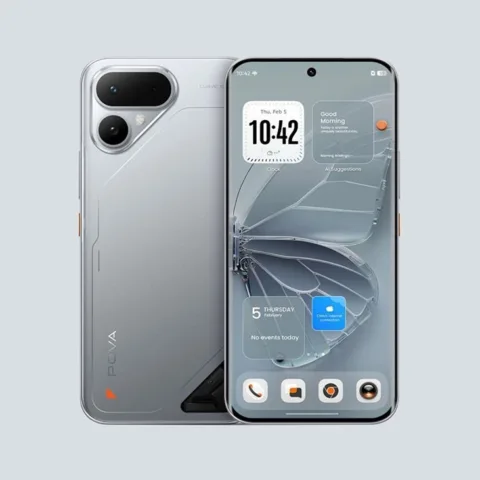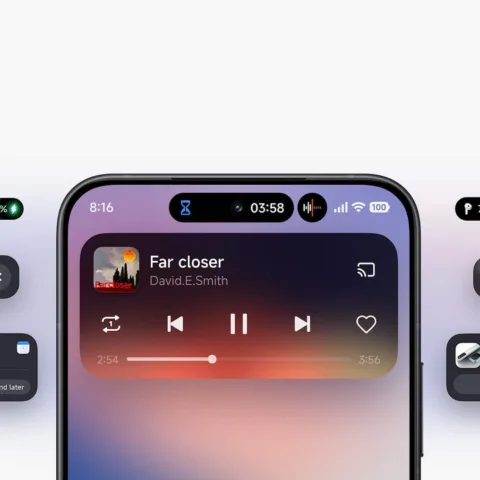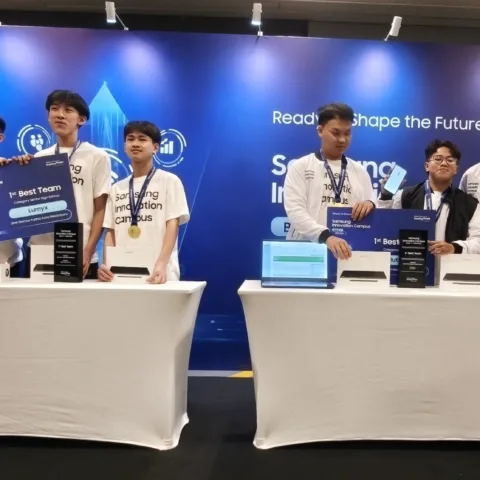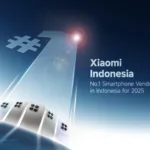Chinese phone maker Xiaomi’s step in expanding its market to Indonesia and Brazil is reportedly being hampered by complicated certification process. The company aims to enter the Indonesian market in late August this year. In the meantime, Xiaomi has already began selling its latest products in the Philippines and India through online marketing partnership.
According to a report from Wall Street Journal [registration required], Xiaomi’s Global Operation Vice President Hugo Barra said that in Indonesia and Brazil it can take six months for products to meet local standards and receive local certifications to get the products out for sale. Between the two countries, the company expects to enter Indonesia in August while Brazil may have to wait longer, up to 12 months, because the regulations there require assembly to be done within the country.
Xiaomi did not specifically mention about the problem they face during the certification process, but Motorola received similar difficulties prior to its launch of the Moto G smartphone which was delayed up to four months. This certification process seems to be a problematic one even for popular smartphone vendors in Indonesia including Samsung, LG, Nokia, and BlackBerry.
In Indonesia, the mobile phone certification process is handled by the directorate general of post and informatics resources of the ministry of communications and informatics.
Aside from the certification issue, the government, through the Ministry of Finance had proposed to implement luxury tax on smartphone sales to limit imports but it has yet to progress further.
The difficulties in doing business for foreign vendors is a dilemma for the government. On one hand they want to advance the local telecommunication industry by encouraging the establishment of factories and giving incentives to companies. On the other, the issues instead are giving foreign companies reasons to think rice about investing in the country.
Xiaomi itself is known to be a rapidly growing Chinese company whose Android smartphones are sold exclusively online. Having been established only in 2010, the company has provided a strong competition to smartphone companies like Samsung and Apple by taking a significant portion of the Chinese market. This year it began its expansion to several Southeast Asian countries including Singapore and Malaysia.
Finally, we expect that the upcoming government, especially through new Minister of Communications and Informatics, can deliver a sound policy with regards to the complicated telecommunications business to benefit all parties involved.
[translation by Rifki Aria Nugraha]
[header image: Shutterstock]

